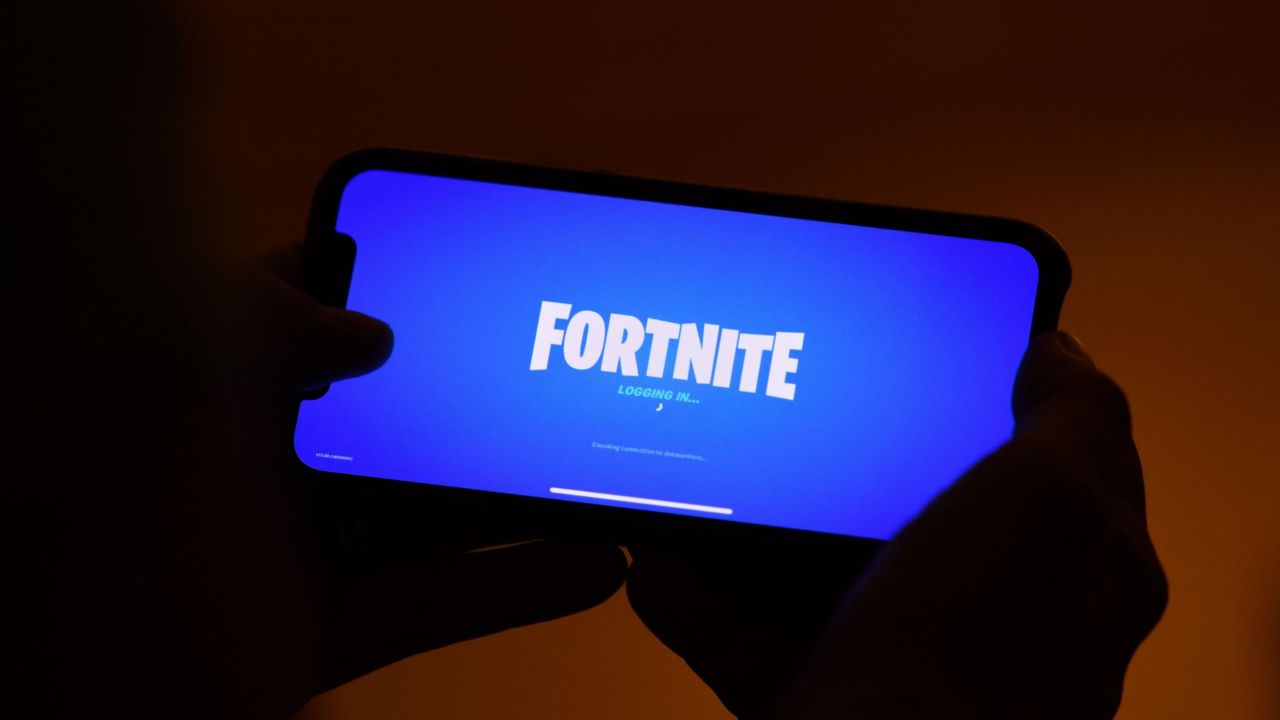The ongoing antitrust case between Fortnite maker Epic Games and Google has shed light on some important details regarding Google’s Play Store business. As the trial commenced this week, we gained insight into Google’s practices and the allegations made by Epic Games.
Key Takeaway
The Epic-Google antitrust case has unveiled insights into Google’s Play Store business practices. The allegations made by Epic Games regarding anti-competitive behavior and exclusive deals have come to light, raising concerns about fair competition and the use of commissions. The trial will continue to provide valuable information about the dynamics of the app marketplace and its impact on developers, consumers, and platform operators.
Google’s Commissions and “Project Hug”
Epic Games lawyers accused Google of engaging in anti-competitive behavior by imposing high commissions on in-app purchases and striking exclusive deals with developers and manufacturers running their own app stores. They presented evidence of Google’s “Project Hug,” which incentivized app developers to launch their games on the Play Store. As part of this project, Google allegedly offered Activision Blizzard $360 million and Riot Games $18 million to bring their games to Google Play simultaneously with other platforms.
Google defended itself by stating that Project Hug was a means of competing with other app stores, including Apple’s App Store and Samsung’s Galaxy Store. They argued that developers were not prohibited from launching their own app stores and that the agreements included additional benefits such as ad credits and marketing opportunities.
Epic Games Rejected a Lucrative Offer
Epic Games made headlines by rejecting a $147 million offer from Google to bring Fortnite to the Play Store. Google was concerned about the “contagion risk” of other developers following Epic’s lead and launching games outside the Play Store. The potential loss of revenue from major game developers like Blizzard, Valve, Sony, and Nintendo leaving the platform could have cost Google billions of dollars.
Rejection of “Steering” and Profitability Challenges
Google’s rejection of Benjamin Simon’s app, which offered alternative payment options outside of the Play Store, was another point of contention. Anti-steering clauses, which prevent linking to other payment methods, are part of Google and Apple’s app store developer agreements. While Apple lost a similar case against Epic Games, it is considered illegal under California’s Unfair Competition Law.
Epic Games emphasized the dominance of the Play Store, revealing that it generates over $12 billion per year in operating profits with a 70% profit margin. However, Steve Allison from Epic Games admitted that their own Epic Games Store, which takes only a 12% cut of developer revenue, is not profitable.
Special Deals with Netflix and Spotify?
Documents presented in court indicated that Google offered Netflix a special deal, allowing the streaming giant to keep 90% of its earnings from in-app purchases. Netflix, however, declined the offer as it requires users to sign up through its website before streaming through the Android app. Google also requested the court to seal documents related to Spotify’s deal, raising suspicions about the terms of the agreement. Google’s attorney argued that disclosing this information would be detrimental to ongoing negotiations with other parties.

























